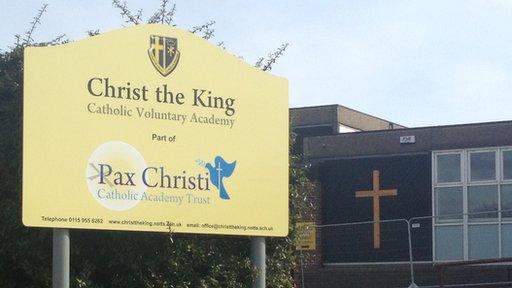Death of Jessica Lawson sparks school trip safety concerns
- Published
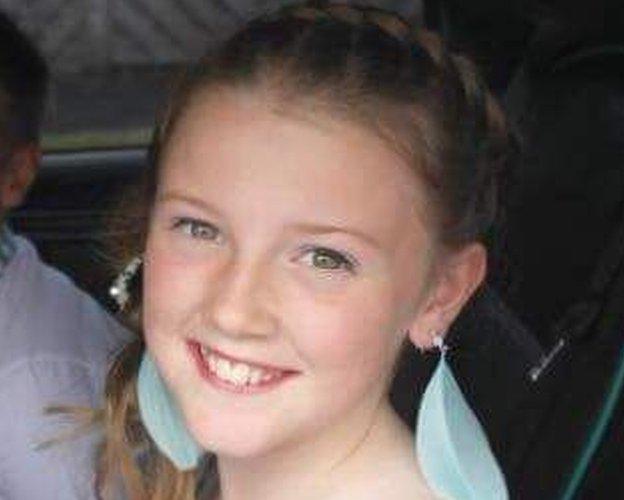
Jessica Lawson was on a five-day adventure trip to France
The death of a child while away with a school raises serious concerns about the risks involved with such ventures - just how safe are school trips?
When students from Wolfreton School in Hull set out on their school trip to France, none would have thought their classmate Jessica Lawson would not be returning with them.
The 12-year-old, who died while swimming in a lake, is the latest child to die while on a school trip - but such tragedies are rare.
On average, one child a year dies while on a school trip in the UK according to figures from the Royal Society for the Prevention of Accidents.
"That is still one too many," says Steve Lenartowicz, chairman of the Outdoor Education Advisers Panel, "but there are 114 who die in road transport accidents, 24 die in fires, and we've got to balance the benefits against the risks."
Speaking to BBC Radio 4's Today programme, Mr Lenartowicz said school trips were fundamentally good for children.
"There are so many benefits to young people getting involved in sporting activities in outdoor education.
"Health benefits, benefits to developing their confidence and character and so on and, while obviously one accident is too many, we really need to make sure we understand those benefits as well as the risks."

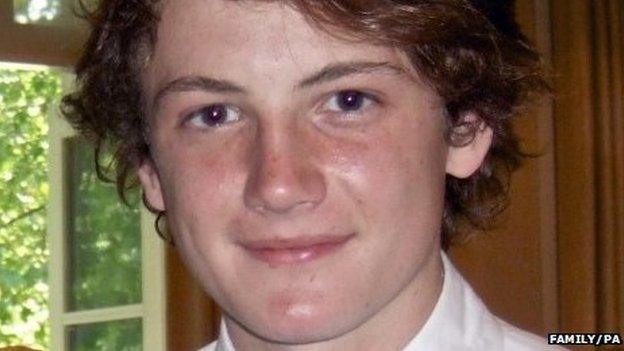
Horatio Chapple was mauled to death by a polar bear during an Arctic expedition in 2011
British school trip tragedies
2015: Jamal Ottun, a Year 12 pupil at Wallington County Grammar School in Sutton, London died while swimming during a rugby tour in Canada
2013: Jonathan Taylor, a teacher from Christ the King Catholic voluntary college in Arnold, Nottinghamshire, fell and fatally struck his head in Austria
2011: 17-year-old Eton student Horatio Chapple mauled to death by a polar bear during an Arctic expedition with the British Schools Expedition Society
2007: Daniel Mulligan, 11, killed by a falling branch, external during an orienteering trip in Norfolk with his school from West Bergholt
2004: Nicholas Ireland, who was on a physics trip in Hamburg with King's College School in Wimbledon, died after choking on his vomit, external
2002: Max Palmer, 10, from Fleetwood in Lancashire, died after falling in a stream in Cumbria, external

School excursions are a long established part of a child's education, an exciting chance to get out of the classroom and try something new.
And while legislation is in place to ensure proper risk assessments are done and reduce the chance of harm befalling children, no enterprise is entirely risk free.
John Kileen, from the National Association of Head Teachers, told BBC Radio Humberside: "It's something that you hope will never happen, you hope that the plans you put in place will protect the young people but, as all parents know, accidents happen.
"Obviously, we do not know the full details but sadly each year, even on family holidays, these tragic events happen."
Mr Kileen said extensive assessments were carried out before a trip takes place.
"The schools do not undertake this lightly."
'Retrograde step'
It is "inevitable" some schools will now shy away from such trips, but that would be a mistake, Mr Kileen added.
He said tens of thousands of children go on trips each year.
"These activities create sometimes once-in-a-lifetime and sometimes quite life-changing opportunities for young people.
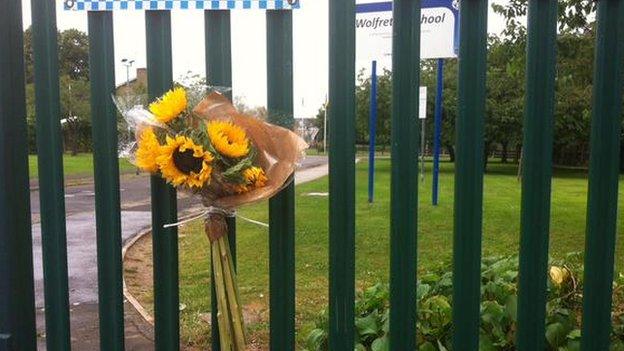
Staff and pupils at Wolfreton School are being offered counselling
"When a tragic event like this happens each and every school, head teacher and teacher rethinks why they are doing this because this is not part of their contractual duties.
"They do it because they want to develop the whole child and in some cases this might be the only opportunity for these young people to take part in that sort of activity or go and visit that sort of place.
"But, each time these accidents happen - and you can imagine how people at Wolfreton School are feeling now - they will think 'Is it worth it? Dare we?' and you would understand if the schools and teachers withdrew from that.
"Sadly, in previous tragic events schools have rethought and some schools have withdrawn from taking part in these, but that would be a retrograde step as far as I am concerned."
- Published23 July 2015
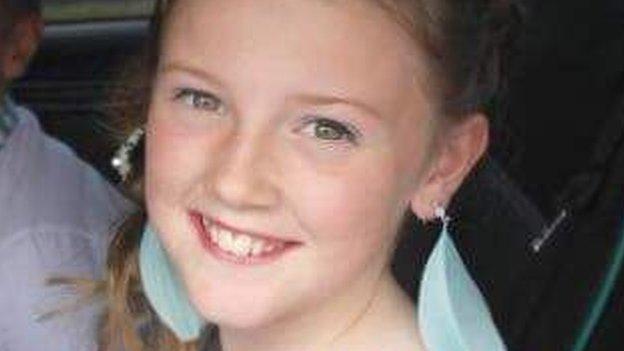
- Published7 July 2014
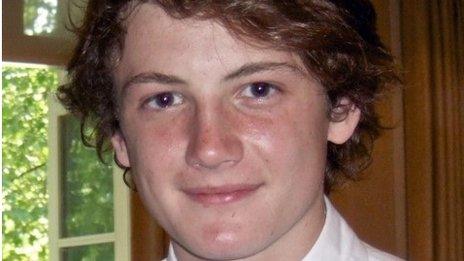
- Published1 April 2013
